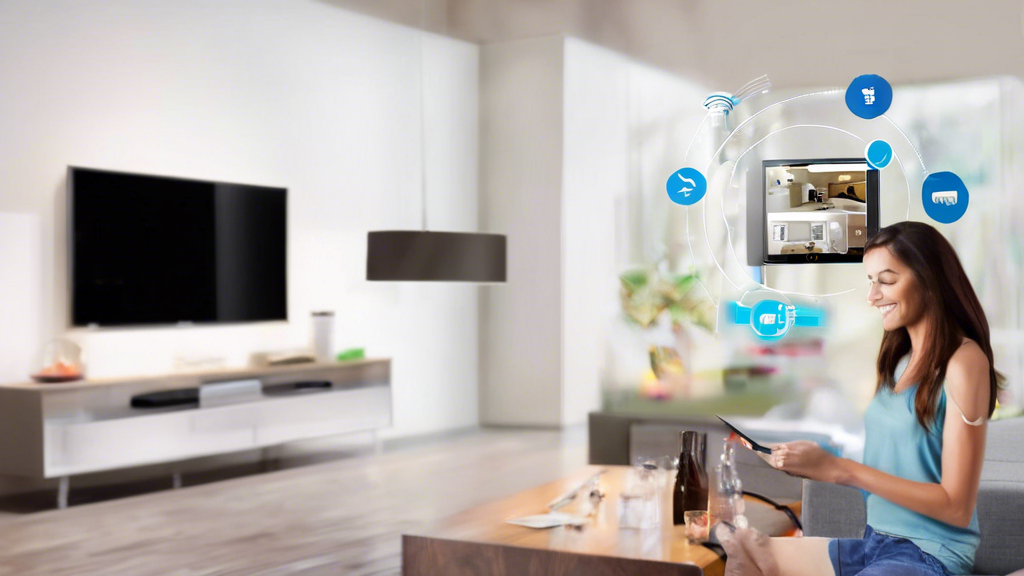Enhancing Your Home with Smart Devices and Home Automation
Home automation has evolved significantly in recent years, making modern homes smarter and more efficient. With the advent of new technologies and standards such as Matter, integrating various devices has never been easier.
In this article, we’ll explore some crucial points about home automation and smart devices, shedding light on the advancements and options available for creating a smart home environment.
Matter Compatibility and Connectivity
Matter, a new smart home standard, promises to unify the diverse ecosystem of smart devices. This standard is designed to support most types of devices and includes energy management features to enhance efficiency.
Despite its potential, only a few manufacturers have added Matter support to their devices so far. Prominent devices that do support Matter include Apple HomePods, Google Home devices, Samsung SmartThings hubs, and Amazon Echo devices, ensuring a broad range of compatibility.
One of the key strengths of Matter is its reliance on Thread and Wi-Fi protocols for communication. These protocols facilitate fast and secure local interactions between devices, providing a seamless and responsive user experience.
For instance, the new Nest Thermostat stands out as the only thermostat currently supporting Matter, but more such devices are anticipated to join the bandwagon soon.
AI Integration and Robotics in Home Automation
Artificial Intelligence (AI) is an emerging trend in home automation, significantly transforming how people interact with their smart homes. AI-powered devices and interfaces are becoming commonplace, offering enhanced user experiences and making home management tasks more efficient.
Whether it’s voice-activated assistants or predictive algorithms, AI is streamlining tasks and automating routines to create a personalized and effortless smart home environment.
Further innovations are apparent in the realm of robotics and automation. Researchers are pushing the boundaries with the development of new soft, flexible actuators that replicate human muscles, leading to safer and more agile robotic systems.
These advancements extend to AI’s role in improving robot navigation, allowing robots to maneuver more efficiently and safely within home spaces, contributing to a more interactive and intelligent home setup.
As smart home devices and automation technologies proliferate, security remains a paramount concern. Fortunately, the Matter standard incorporates robust security features to ensure that connected devices are well-protected and less susceptible to hacking.
This built-in security offers peace of mind, knowing that inhabitants can enjoy the conveniences of a smart home without compromising safety.
In conclusion, the evolution of home automation and smart devices is creating versatile, secure, and intelligent living spaces. Whether through compatibility-enhancing standards like Matter or cutting-edge AI integrations, the future of smart homes promises comfort, efficiency, and enhanced security.
As technology continues to advance, smart homes will become increasingly accessible and integral to modern living.
Nina Knowles
Related posts
Leave a Reply Cancel reply
About me

Hey! I'm Nina Knowles. I'm a door and window industry professional. I've been in the industry for 15 years, based in LA. It's pretty much a mans world but I graduated in architecture and really loved the way windows and doors make such a huge impact on living conditions. So I embarked on my career in the industry!


Follow us